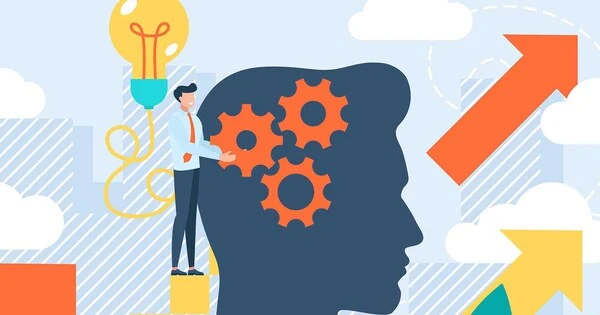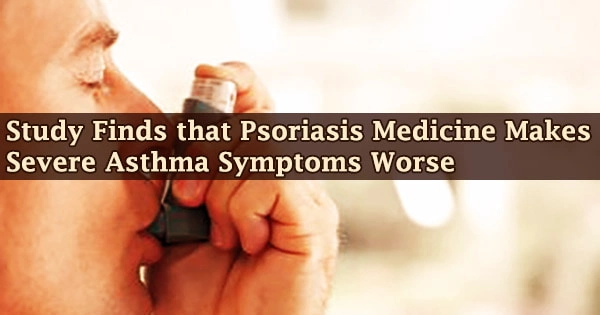Regular exercise has been shown to be an effective way to manage mental health, particularly for conditions like depression and anxiety. Exercise releases endorphins, which are chemicals in the brain that act as natural painkillers and mood elevators. This can lead to feelings of well-being and help reduce symptoms of depression and anxiety.
A new study shows that physical activity is 1.5 times more effective than counseling or the leading medications in treating depression. Researchers are calling for exercise to be a mainstay approach for treating depression. A new study shows that physical activity is 1.5 times more effective than counselling or the leading medications in treating depression, according to researchers at the University of South Australia.
The review, which was published in the British Journal of Sports Medicine, is the most extensive to date, encompassing 97 reviews, 1039 trials, and 128,119 participants. It demonstrates that physical activity can significantly improve symptoms of depression, anxiety, and distress.
The review found that exercise interventions lasting 12 weeks or less were most effective at reducing mental health symptoms, highlighting the speed with which physical activity can make a difference.
Our review shows that physical activity interventions can significantly reduce symptoms of depression and anxiety in all clinical populations, with some groups showing even greater signs of improvement.
Dr. Singh
People suffering from depression, pregnant and postpartum women, healthy individuals, and those with HIV or kidney disease reaped the greatest benefits. According to the World Health Organization, one out of every eight people (970 million) worldwide suffers from a mental disorder. Poor mental health costs the global economy about $2.5 trillion per year, with that figure expected to rise to $6 trillion by 2030. In Australia, one in every five people (aged 16 to 85) has had a mental disorder in the previous year.
Dr Ben Singh, the lead UniSA researcher, believes that physical activity should be prioritized in order to better manage the growing cases of mental health conditions.

“Physical activity is known to help improve mental health. Yet despite the evidence, it has not been widely adopted as a first-choice treatment,” Dr Singh says. “Our review shows that physical activity interventions can significantly reduce symptoms of depression and anxiety in all clinical populations, with some groups showing even greater signs of improvement.”
“Higher intensity exercise had greater improvements for depression and anxiety, while longer durations had smaller effects when compared to short and mid-duration bursts. We also found that all types of physical activity and exercise were beneficial, including aerobic exercise such as walking, resistance training, Pilates, and yoga. Importantly, the research shows that it doesn’t take much for exercise to make a positive change to your mental health.”
Prof Carol Maher, senior researcher at UniSA, claims that the study is the first to examine the effects of all types of physical activity on depression, anxiety, and psychological distress in all adult populations.
“Examining these studies as a whole allows clinicians to easily understand the body of evidence that supports physical activity in the treatment of mental health disorders. We hope that this review will highlight the importance of physical activity, including structured exercise interventions, as a primary approach to treating depression and anxiety.”
















